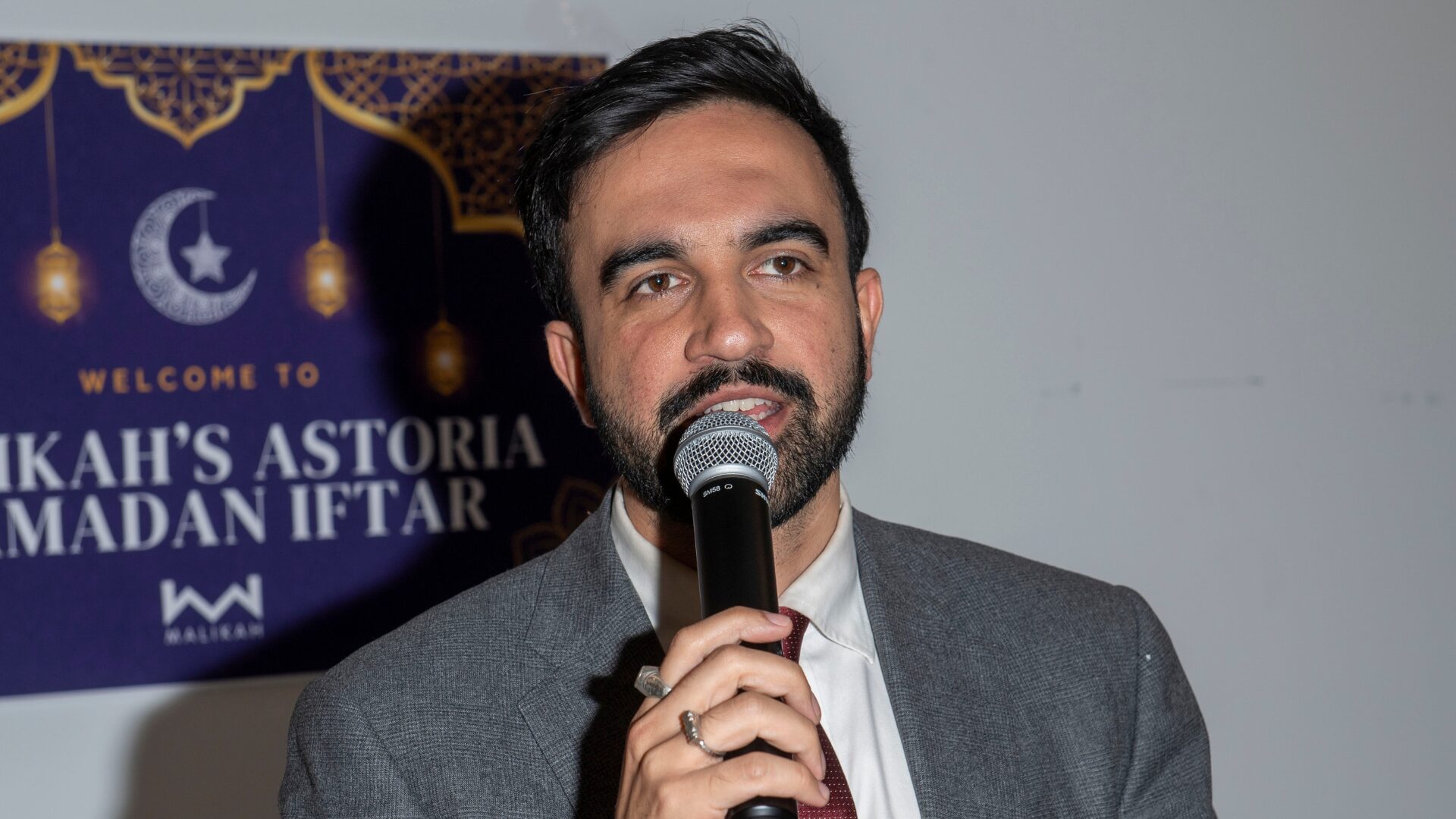The
Episcopal Migration Ministries is an arm of the Episcopal Church that has helped resettle nearly 110,000 individuals to communities across the country.
Despite its chatter about inclusivity, the EMM —
one of 10 agencies the U.S. government contracts to resettle refugees — revealed Monday that it will not help white Afrikaners on account of the church’s “steadfast commitment to racial justice.”
The presiding bishop of the Episcopal Church, Sam Rowe,
revealed in a letter to fellow Episcopalians that rather than resettle farmers from South Africa classified by the U.S. government as refugees, the EMM is terminating its contract with the federal government.
‘Jesus tells us to care for the poor and vulnerable.’
“In light of our church’s steadfast commitment to racial justice and reconciliation and our historic ties with the Anglican Church of Southern Africa, we are not able to take this step,” wrote Rowe. “Accordingly, we have determined that, by the end of the federal fiscal year, we will conclude our refugee resettlement grant agreements with the U.S. federal government.”
Rowe suggested that it is “painful to watch” African farmers, a group vilified and targeted with controversial legislation by South Africa’s socialist-led regime, “receive preferential treatment over many others who have been waiting in refugee camps or dangerous conditions for years.”
“Jesus tells us to care for the poor and vulnerable as we would care for him, and we must follow that command,” continued the bishop. “Right now, what that means is ending our participation in the federal government’s refugee resettlement program and investing our resources in serving migrants in other ways.”
White House deputy press secretary Anna Kelly told Blaze News in a statement, “The Episcopal Church’s decision to terminate its decades-long partnership with the U.S. government over the resettlement of 59 desperate Afrikaner refugees raises serious questions about its supposed commitment to humanitarian aid.”
“Any religious group should support the plight of Afrikaners, who have been terrorized, brutalized, and persecuted by the South African government,” continued Kelly. “The Afrikaners have faced unspeakable horrors and are no less deserving of refugee resettlement than the hundreds of thousands of others who were allowed into the United States during the past administration. President Trump has made it clear: refugee resettlement should be about need, not politics.”
Blaze News reached out to the EMM for comment but did not receive a response by deadline.
Rowe’s letter went public within hours of the first Afrikaner families’ arrival at Dulles International Airport under the U.S. Refugee Admissions Program.
U.S. Deputy Secretary of Homeland Security Troy Edgar welcomed the Boers Monday,
noting that the individuals who had undergone expedited vetting “have went through a lot of stuff and we’re just grateful to have them in the U.S.”
The U.S. Department of State
announced Monday that it was working with the Department of Homeland Security and implementing partners “to consider eligibility for U.S. refugee resettlement for Afrikaners and disfavored minorities in South Africa who are victims of unjust racial discrimination.”
To be eligible for U.S. resettlement consideration, applicants must be South African; of Afrikaner ethnicity or a racial minority in South Africa; and “able to articulate a past experience of persecution or fear of future persecution.”
This initiative is the result of President Donald Trump’s February executive order, wherein he
ended foreign aid to South Africa and directed his administration to promote “the resettlement of Afrikaner refugees escaping government-sponsored race-based discrimination, including racially discriminatory property confiscation.”
South Africans supporting Trump gather in front of the U.S. embassy in Pretoria on Feb. 15, 2025, for a demonstration. Photo by MARCO LONGARI/AFP via Getty Images
Trump’s order came on the heels of South African President Cyril Ramaphosa’s January ratification of legislation that enabled the government to seize land without compensation in the name of the “public interest,” which is defined under the new law to include “the nation’s commitment to land reform, and to reforms to bring about equitable access to all South Africa’s natural resources in order to redress the results of past racial discriminatory laws or practices.”
RELATED:
No one is coming to save you
Critics and fellow travelers alike
recognized at the time of its passage that the law would be weaponized against white farmers — the very same ethnic minority whom South Africa’s Marxist-Leninist political party, the Economic Freedom Fighters, routinely chant about butchering.
‘A bad place to be right now.’
In the face of mounting indications that the South African government harbors racial animus toward Boers, numerous white South African academics and religious leaders
suggested in a recent open letter that the Trump administration has mischaracterized the situation, calling it a narrative “founded on fabrications, distortions, and outright lies.”
Unconvinced by such claims, Trump
reiterated in March that he was rolling out the red carpet for South African farmers who were worried about their safety, noting that they will enjoy a “rapid pathway to Citizenship” — a process that “will begin immediately.”
“South Africa is being terrible, plus, to long time Farmers in the country,” Trump
stated in a Truth Social post. “They are confiscating their LAND and FARMS, and MUCH WORSE THAN THAT. A bad place to be right now, and we are stopping all Federal Funding.”
Rowe noted in his Monday letter that the EMM has asked the Trump administration to “work toward a mutual agreement that will allow us to wind down all federally funded services by the end of the federal fiscal year in September.”
RELATED:
MacIntyre: Media runs cover for genocidal chant in South Africa
While the Boers’ race and origin appear to have ultimately prompted the EMM’s decision, Rowe hinted that Trump’s suspension of the U.S. Refugee Admissions Program, which is
still tied up in the courts, strained their relationship.
“Since January, the previously bipartisan U.S. Refugee Admissions Program in which we participate has essentially shut down,” wrote the bishop. “Virtually no new refugees have arrived, hundreds of staff in resettlement agencies around the country have been laid off, and funding for resettling refugees who have already arrived has been uncertain.”
The EMM may soon have absolute certainty about its relationship with the federal government.
Like Blaze News? Bypass the censors, sign up for our newsletters, and get stories like this direct to your inbox. Sign up here!
Read the full article here







![Letitia James ‘Should Be Very Concerned’ About Grand Jury Investigation into Her Fraud [WATCH] Letitia James ‘Should Be Very Concerned’ About Grand Jury Investigation into Her Fraud [WATCH]](https://www.lifezette.com/wp-content/uploads/2025/08/2025.08.09-11.47-lifezette-68973543b20a9.jpg)




![WaPo Fact Checker Gets Called Out to His Face Over Biden Mental Decline Cover-Up [WATCH] WaPo Fact Checker Gets Called Out to His Face Over Biden Mental Decline Cover-Up [WATCH]](https://www.lifezette.com/wp-content/uploads/2025/08/2025.08.09-11.09-lifezette-68972c535ca39.jpg)